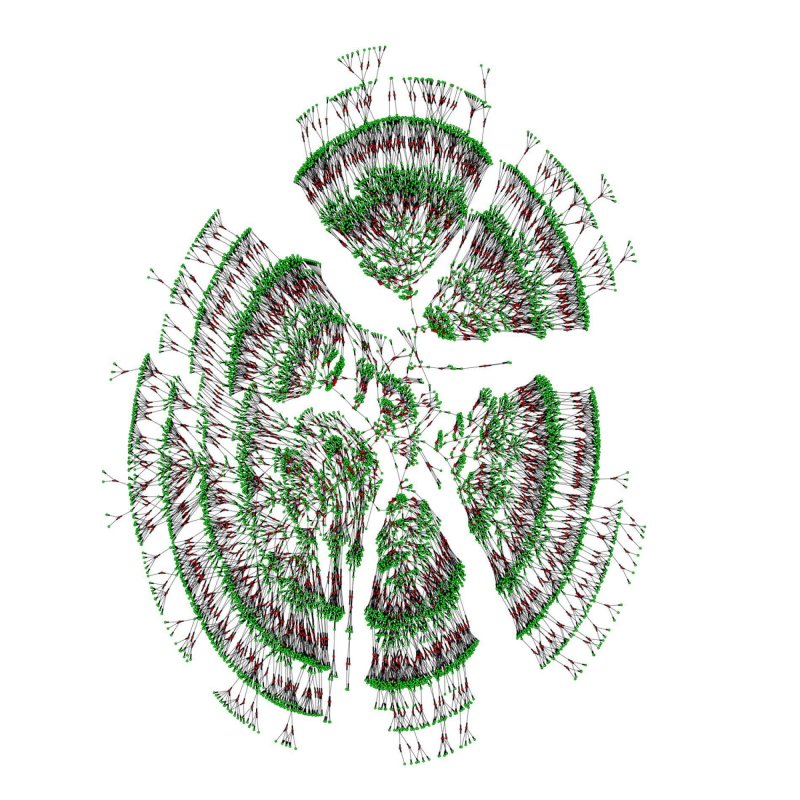Before the Industrial Revolution in the United States, Canada and Europe, you might have ended up married to a fourth cousin…Then, in the late 19th century, something changed, and people stopped marrying their cousins.
…
[S]hifts in social norms [might have] played a bigger role than geographic mobility in getting people to wed outside their bloodline. It’s also just one example of the insights that can be gleaned from the world’s largest, scientifically-vetted family tree, presented in a study published on [March 1] in Science.Compiling and validating 86 million public profiles from Geni.com, a genealogy-driven social media site, the authors generated 5 million family trees. The largest tree consisted of 13 million people.
…
The researchers then used this data set to test several genetic and historical hypotheses, showing “you can harness the hard work of so many people around the globe just documenting their own family history, and learn something about humanity,” said Yaniv Erlich, the chief science officer of MyHeritage, the parent company of Geni.com, and senior author of the paper.
…
Biomedical research that marries family trees with genetic and health information could lead to new discoveries about heritable disease risk. In social sciences, genealogies merged with census and tax records could yield findings on things like inequality.
Read full, original post: When Did Americans Stop Marrying Their Cousins? Ask the World’s Largest Family Tree































